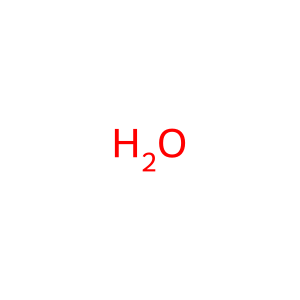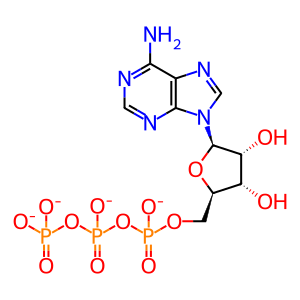Reaction: Defective ABCA3 does not transport PC, PG from ER membrane to lamellar body
- in pathway: Defective ABCA3 causes SMDP3
ATP-binding cassette sub-family A member 3 (ABCA3) is thought to play a role in the formation of pulmonary surfactant by transporting lipids such as cholesterol into lamellar bodies (LBs) in alveolar type II cells. In LBs, surfactant proteins and lipids are assembled into bilayer membranes that are secreted via ABCA3 into the alveolar airspace, where they form a surface film at the air–liquid interface. Defects in ABCA3 can cause pulmonary surfactant metabolism dysfunction 3 (SMDP3; MIM:610921), a usually fatal pulmonary disease in newborns, characterised structurally by the absence of normal LBs and the presence of electron-dense inclusions within small vesicular structures. Loss of secretion of lipid pulmonary surfactants causes excessive lipoprotein accumulation in the alveoli resulting in severe respiratory distress. Mutations causing SMDP3 include W1142*, L101P, L1553P, L326P, D253H and T1173R (Shulenin et al. 2004, Kunig et al. 2007, Flamein et al. 2012).
Reaction - small molecule participants:
H2O [cytosol]
ATP [cytosol]
Reactome.org reaction link: R-HSA-5683672
======
Reaction input - small molecules:
water
ATP(4-)
Reaction output - small molecules:
Reactome.org link: R-HSA-5683672


